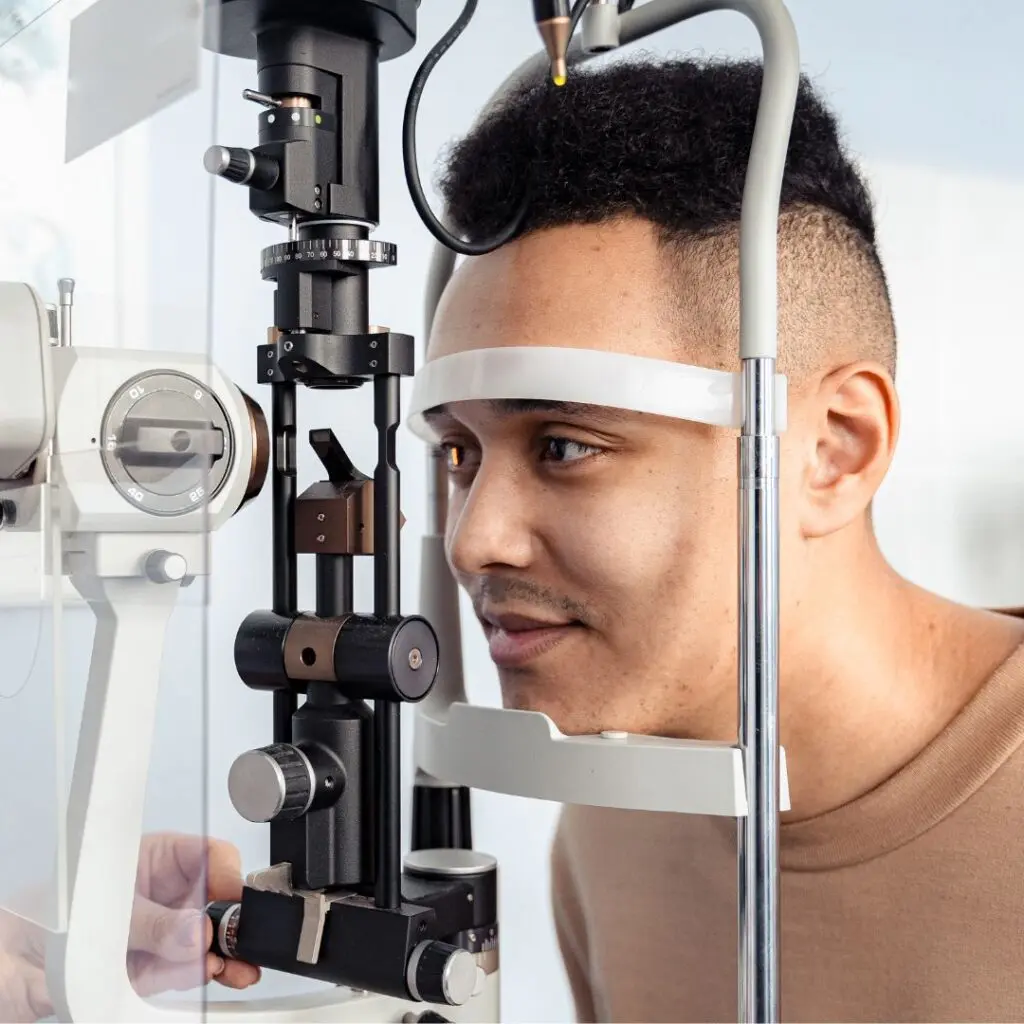10 Tips for Laser Eye Surgery
Centre for Sight’s Medical Director Sheraz Daya, the first surgeon to perform LASIK in the UK, provides 10 tips on how to choose the best for your precious eyes.

Everyone knows someone who has had Laser eye surgery and have been told how it has changed their lives. The procedure is now easily accessible in shopping malls and provided by commercial chains. “The procedure, while fantastic, is not that foolproof” says Sheraz Daya, Medical Director for Centre for Sight. “Not all patients are the same and each requires bespoke care and attention or vital conditions can be missed and things can go very wrong”.

“The sad reality is laser eye surgery is not well regulated…”
Mr. Daya is regularly referred patients nationally and internationally who have had less than ideal outcomes; most common being poor visual clarity, halos and severe dry eye. “The problem is one of perception” Mr. Daya says. “Because the procedure is so easily available and is being advertised at misleading rock bottom prices, consumers feel it is now perfect or “they” would not be allowed to operate. The sad reality is laser eye surgery is not well regulated.”
– Mr Daya advises anyone considering laser eye surgery to read the Royal College of Ophthalmologists document “Standards for Laser Refractive Surgery”.
Tips
Choose the correct surgeon. Base this on their reputation and do your research. Ask your optician as to who they would trust with their eyes?
Your Surgeon is on GMC specialist register. Preferably your surgeon should have fellowship (specialised) training in Cornea and Refractive Surgery.
Your initial consultation is surgeon lead and preferably the one who is going to do your procedure. It’s important that you get to know, like and trust your surgeon.
The surgeon and centre offers alternative procedures including lens implants and refractive lens exchanges. All too often centres that only provide one type of procedure are likely to push boundaries and try and do the same on everyone.
Your evaluation should include corneal mapping, Wavefront evaluations and dry eye testing.
Relax and take your time to think. Have a cooling off period of at least 24 hours after your consultation.Read the consent form in advance in case it generates any further questions.
Make sure the treating centre is world class and meets international standards including ISO 9001, 14000. Making the effort to meet standards means they care.
Ensure the treating Centre provides 24/7 medical care. This means that a doctor is available even if they are rarely required.
Avoid competitions, discounts and two for one offers. This distracts from what is most important – patient care. Be careful, you may just get what you pay for.
Avoid low cost e.g. £395 per eye offers. These are misleading and an inducement to “bait and switch”. Once hooked into the system, the sales force are well trained in keeping and influencing patients to undergo surgery.
Author Information
Authored by Sheraz Daya MD FACP FACS FRCS(Ed) FRCOphth, Consultant Ophthalmic Surgeon & Medical Director, June 2019.
Net review due June 2026